This topic explores the world of dog breeds that, due to their unique characteristics, are often considered challenging for pet owners. Whether it’s due to high energy levels, intelligence that borders on cunning, or specific care needs, these breeds demand more than just a casual commitment. They require owners who are not only patient and willing to invest time and resources into training but also those who can match their lifestyle and personality to the needs of these complex canines. For those up to the challenge, however, the rewards can be immensely fulfilling, offering a depth of companionship and loyalty that is hard to match. This article will delve into the intricacies of ten dog breeds that are known for being particularly demanding, discussing why they might not be the best choice for inexperienced or faint-hearted owners, but also highlighting the unique qualities that make them so beloved by those who are well-prepared to meet their needs.
1. Siberian Husky
The Siberian Husky is a breed known for its stunning appearance and vibrant energy, traits that can often mislead the unprepared into thinking they’re easy to manage. Originating from Siberia, these dogs were bred to pull sleds over long distances, a job that requires immense stamina and strength. This historical background translates into a dog that is not only highly energetic but also very independent. Huskies require extensive exercise to keep them physically and mentally satisfied—a quick walk around the block won’t suffice. Their intelligence, while a virtue, also means they get bored easily and can become destructive if not properly stimulated. Furthermore, their strong prey drive and tendency to howl can be challenging for urban living. Prospective Husky owners should be prepared for intensive training, plenty of exercise, and the patience to deal with their Houdini-like escape tactics.
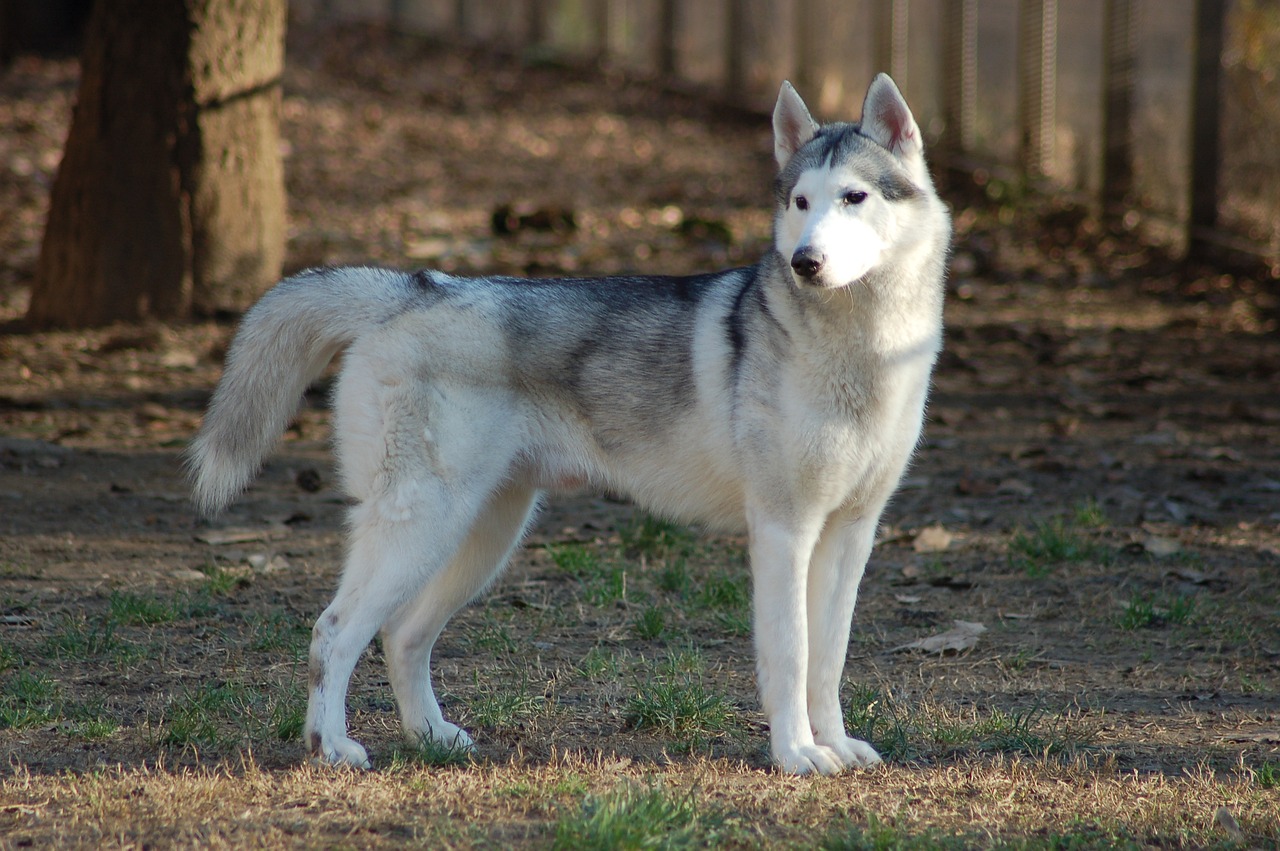
2. Belgian Malinois
The Belgian Malinois is often mistaken for a German Shepherd due to its similar appearance, but this breed is distinct in both temperament and energy levels. Bred primarily for protection and herding, the Malinois possesses a work ethic that is second to none. This breed requires a job to do at all times, thriving on physical and mental challenges. Without adequate stimulation, they can become restless and display behavioral issues. Their intelligence and loyalty make them excellent working dogs for police and military roles, but in a home environment, these traits necessitate an owner who can provide firm, consistent training and plenty of activities. Notably, the Malinois forms strong bonds with its family and can be protective, making socialization crucial from a young age.
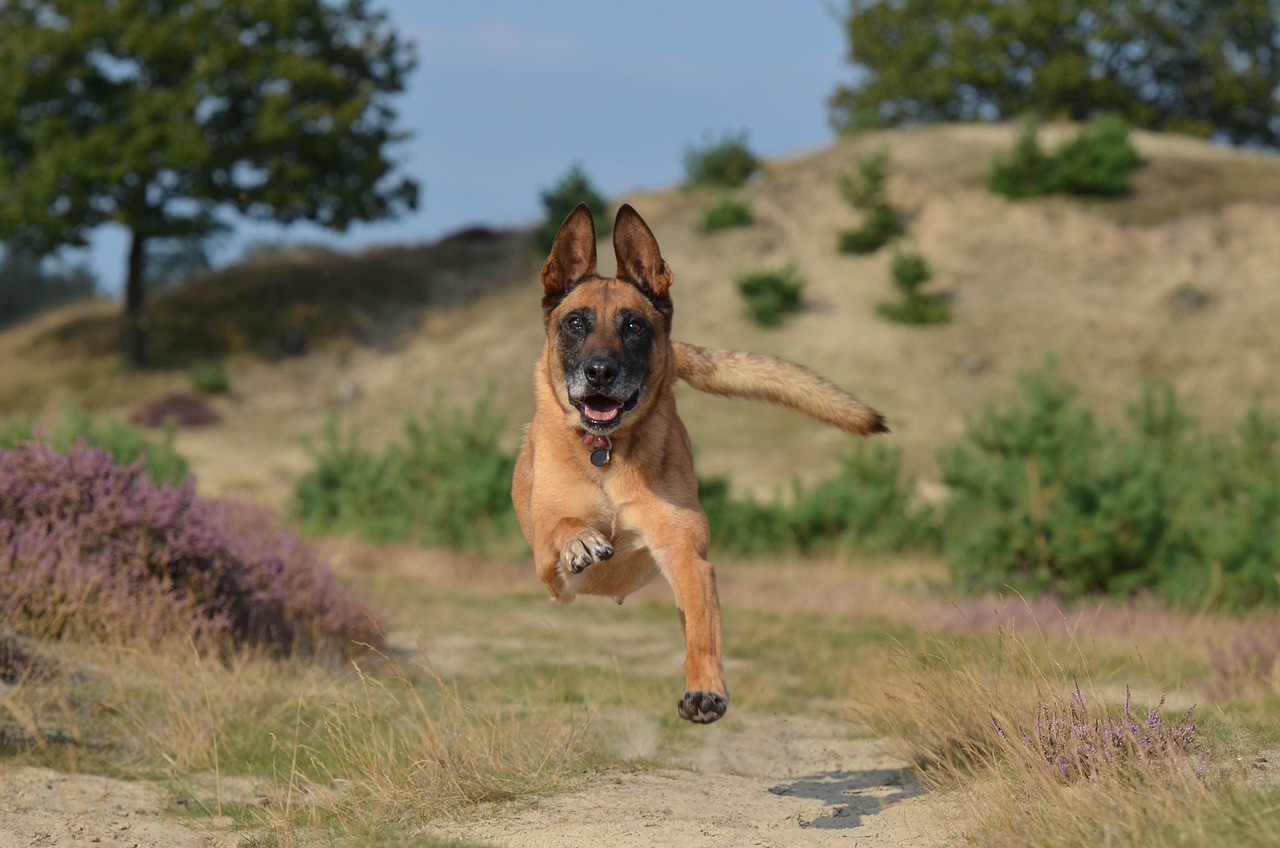
3. Rottweiler
Rottweilers are powerful dogs with a strong will, making them one of the more challenging breeds for inexperienced owners. They have a natural protective instinct that, while making them excellent guard dogs, also requires careful management and socialization from an early age to ensure they’re well-adjusted. Rottweilers need a confident handler who can establish leadership without resorting to harshness, as they respond well to positive reinforcement techniques. Their size and strength also demand regular, structured exercise to keep them healthy and prevent boredom-related behaviors. While Rottweilers can be loving and loyal family members, potential owners must be willing to invest the time into training and socializing them properly.

4. Akita
The Akita is a noble breed, originating from Japan, where it was revered as a symbol of good health and fortune. This breed is known for its loyalty and can be incredibly protective of its family, sometimes to the point of being aloof or aggressive towards strangers. Akitas are large, powerful dogs that require a confident owner who can provide firm, consistent leadership. Their thick coat also necessitates regular grooming. Despite their challenging nature, with the right training and socialization, Akitas can be devoted companions. They do best in a home where they can be the only pet, as they often have issues with other dogs, especially those of the same sex.
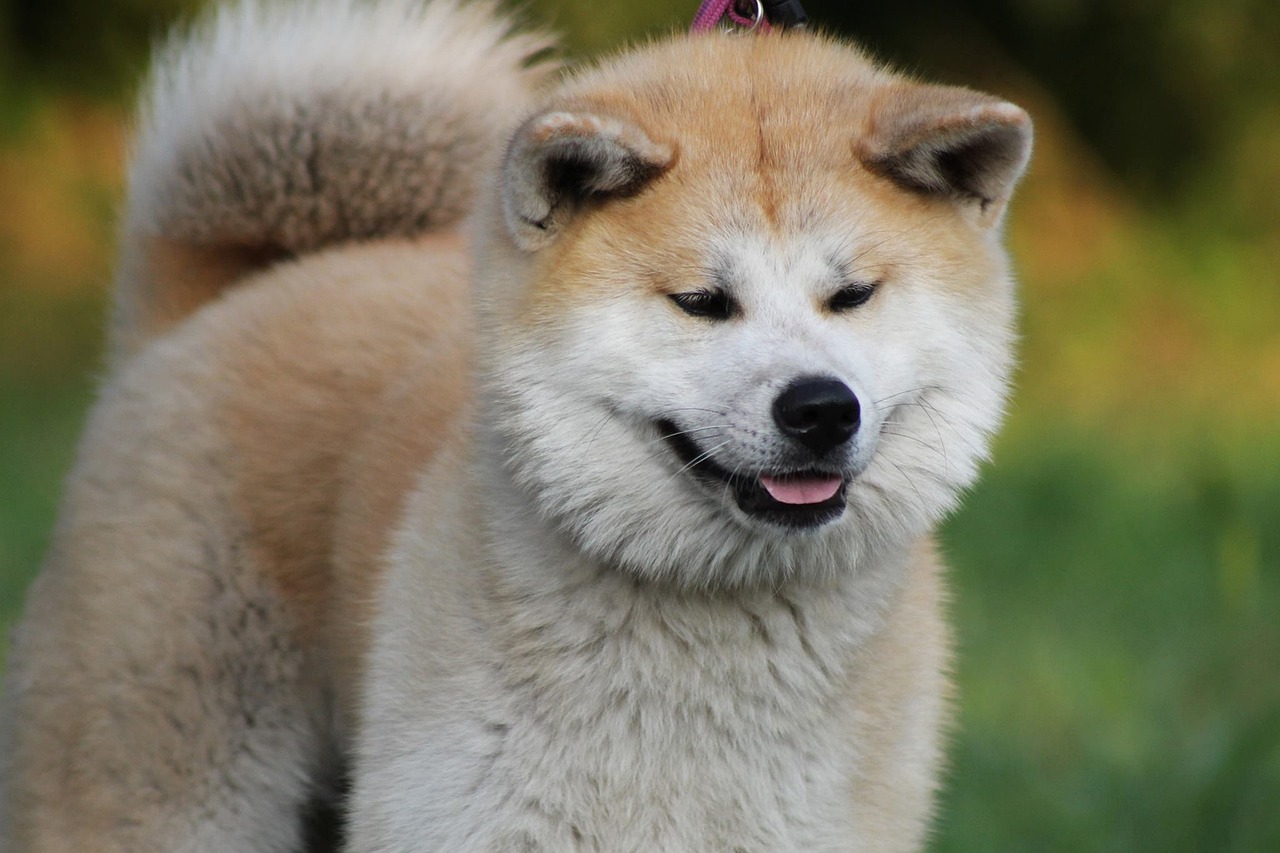
5. Border Collie
Border Collies are the epitome of intelligence and energy in the canine world. Originally bred for herding livestock, they possess an innate drive to work that can be overwhelming for owners without the time or ability to engage with these traits positively. Border Collies require substantial mental and physical exercise daily; without it, they can develop obsessive behaviors and become destructive. Their intelligence makes them highly trainable, but it also means they can outwit inexperienced owners. They thrive in active homes where they can participate in dog sports or other activities that challenge their mind and body. Despite these demands, Border Collies can be incredibly rewarding companions, capable of forming deep bonds with their owners.
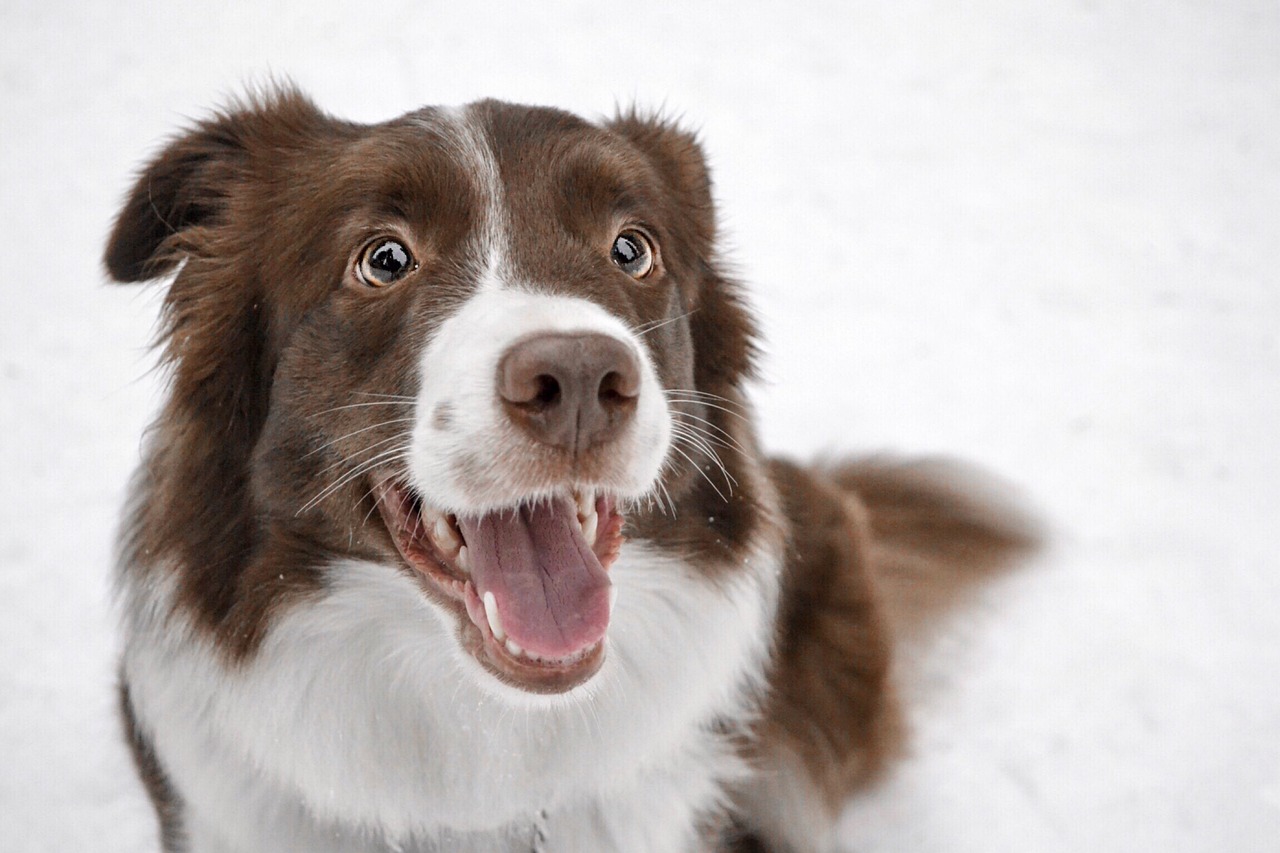
6. Dalmatian
The Dalmatian, famous for its unique spotted coat and starring role in literature and film, is more than just a pretty face. This breed is highly energetic and was originally bred to run alongside carriages, which means they require lots of exercises to stay happy and healthy. Dalmatians are known for their intelligence and can be stubborn, traits that require patient, consistent training from an early age. They also have a unique urinary system, which necessitates a specific diet to prevent health issues. Socialization is key for Dalmatians to prevent shyness or aggression. While they make excellent pets for active individuals or families, their energy and exercise needs can be daunting for the unprepared.

7. Chow Chow
Chow Chows are distinctive not only for their lion-like mane but also for their aloof and independent personality. Originating from China, these dogs were bred for various tasks, including hunting, guarding, and pulling. They are known for their loyalty to their family but can be wary of strangers, making early socialization crucial. Chow Chows require an owner who understands their need for independence while still enforcing rules consistently. They are not as demanding in terms of exercise as some other breeds on this list but do require regular, moderate walks. Their thick coat also needs regular grooming. Prospective owners should be prepared for a dog that offers affection on its terms and expects to be treated with respect.

8. Cane Corso
The Cane Corso is a majestic Italian breed known for its impressive physique and protective nature. As a member of the mastiff family, it is strong, confident, and sometimes dominant, requiring an owner who can establish and maintain leadership. Early socialization and training are key to managing their protective instincts and ensuring they’re well-adjusted members of the family. The Cane Corso needs regular exercise to manage its size and energy, but it is also content to be at home with its family. This breed is not recommended for first-time dog owners due to its size, strength, and the need for consistent, firm training.

9. Jack Russell Terrier
Don’t let the small size of the Jack Russell Terrier fool you; this breed is energetic, intelligent, and sometimes overwhelmingly willful. Originally bred for fox hunting, Jack Russells have a high prey drive and can be stubborn, qualities that require patience and creativity in training. They are known for their agility and love of exercise, making them great companions for active individuals or families. However, their boundless energy and tendency to get into mischief mean they are not the best fit for everyone. They need plenty of mental and physical stimulation to prevent boredom and the development of undesirable behaviors.

10. Doberman Pinscher
The Doberman Pinscher combines elegance with power, making it a formidable guard dog and loyal companion. This breed is highly intelligent and energetic, requiring consistent training and socialization from an early age. Dobermans are known for their loyalty to their family and can be protective, which makes managing their environment and interactions important. They thrive on being part of the family and participating in activities but also need a firm, confident owner who can provide structure and boundaries. While Dobermans can be loving pets, their size, strength, and protective nature make them more suitable for experienced dog owners.
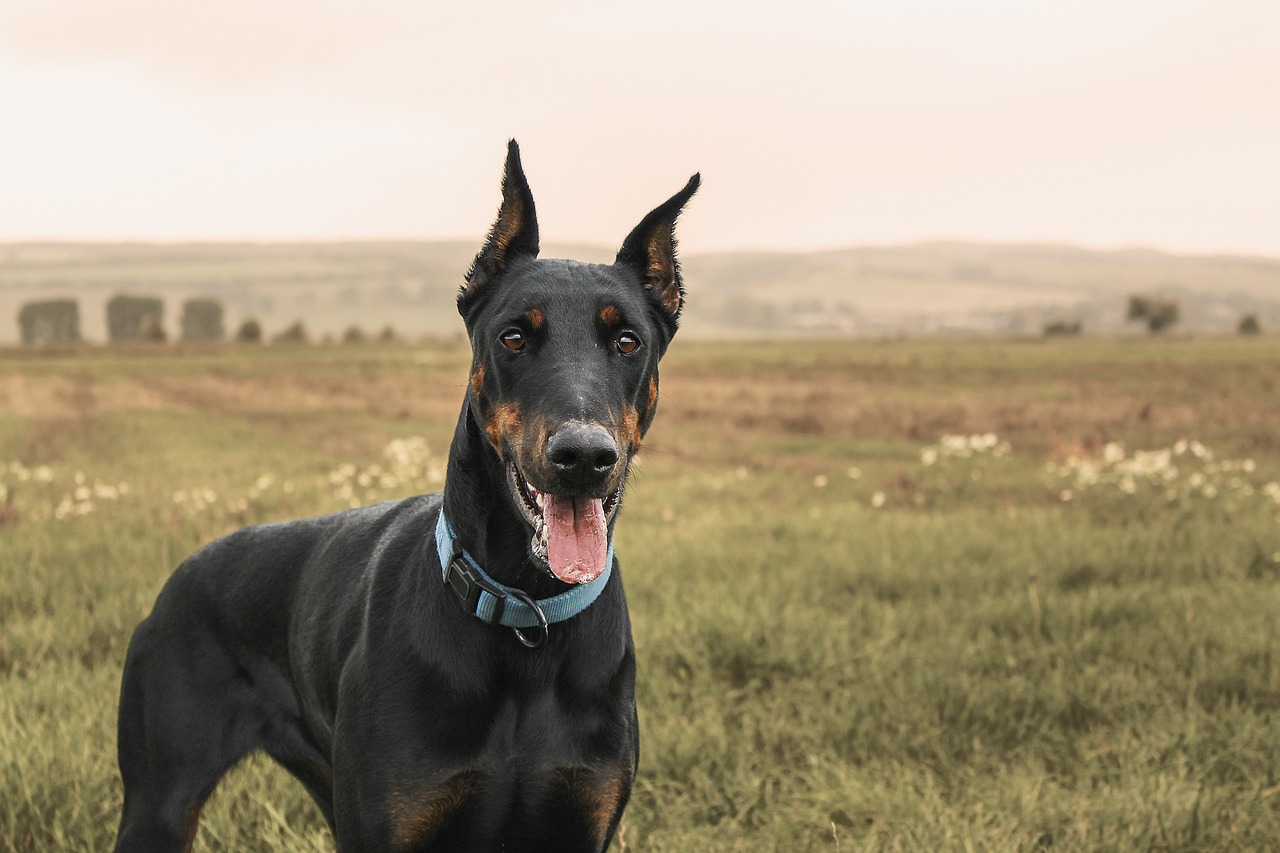
These ten breeds exemplify the diversity and complexity of the canine world, each with their unique needs and characteristics. While they can present challenges even for experienced dog owners, with the right approach, they can also offer unparalleled companionship and loyalty. Prospective owners should thoroughly research and consider their lifestyle before choosing to bring one of these breeds into their home. Commitment, patience, and a deep understanding of dog behavior are crucial in unlocking the full potential of these remarkable dogs.
 Toledo, United States.
Toledo, United States.
